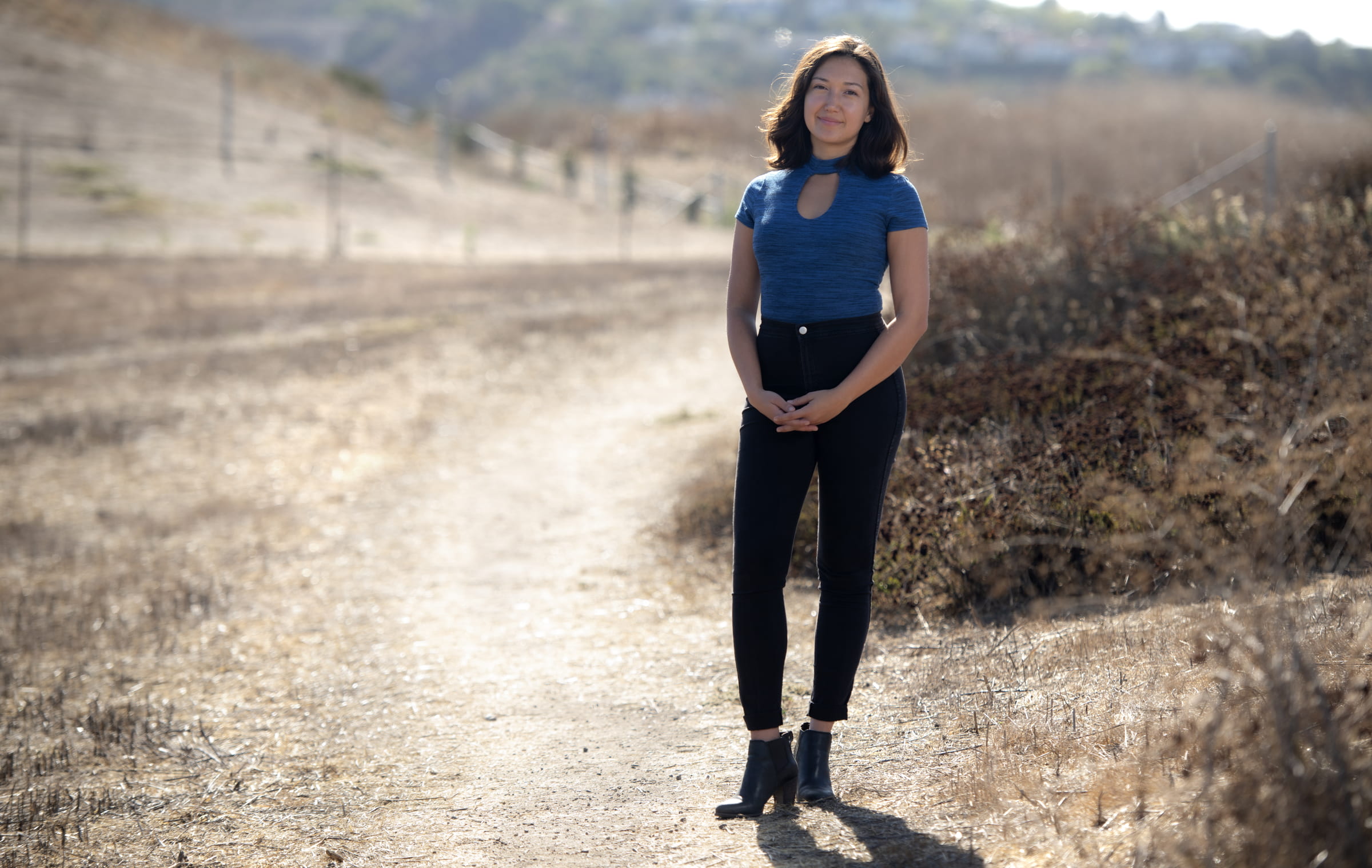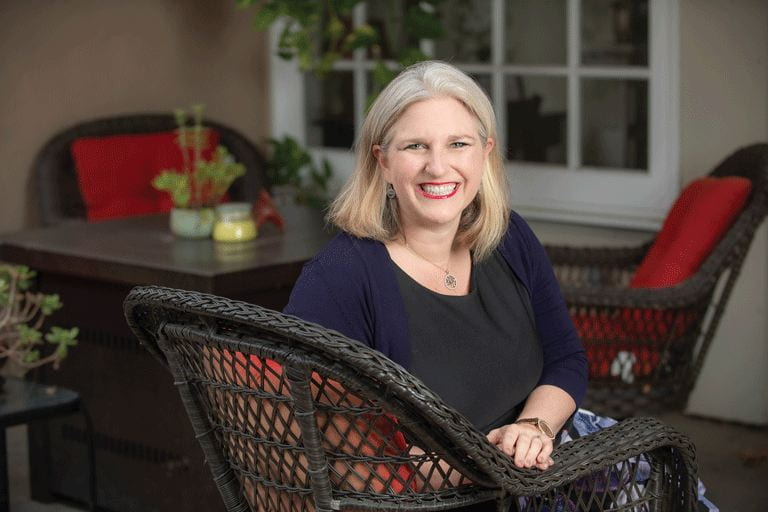That's the ticket!
Comedian alum Jon Lovitz to perform at Irvine Barclay Theatre

On the way to fame as a compulsive liar, a baseball scout, a master thespian and the devil, Jon Lovitz was an Anteater. As a UCI drama student in the late 1970s, the future “Saturday Night Live” star learned techniques that he says still guide his comedy and acting career.
On Sept. 29, Lovitz returns to his former stomping ground to perform his stand-up act at the Irvine Barclay Theatre. In this Q&A, he previews the show, reminisces about his undergraduate days, and pontificates on why political correctness and comedy don’t mix.
You’re originally from Tarzana. How’d you end up at UCI?

I wanted to go to UC Berkeley because my mother had gone there and she always talked about how great it was. But my father was a very conservative doctor and said, “No, you’ll end up a hippie.” I was interested in acting and [heard] that Irvine had a new drama department. I checked it out and liked it, so it was the only school I applied to. I remember they said their mascot’s an anteater, and I just thought that was the funniest thing – a whole school with a sense of humor. … When I went there, it was 1975. There were 10,000 students; it was like a small private school. The drama department had only 90 students and a huge budget, so they would do 15 plays a quarter. My first year, I was in one play every quarter. Then I did two a quarter, so I got a tremendous amount of experience. … I loved going there. It was the best school I could’ve gone to.
What should people expect at your Barclay show?
I tell jokes, I play the piano, I sing songs. I don’t really do characters from “Saturday Night Live.” It’s more me and what I think about what’s going on in the world. And I make fun of everything. … Is it politically correct? No, it’s anything but that. The show is rated R. It’s not that it’s dirty; it’s honest. It’s more silly than anything.
Some comedians say audiences are increasingly hypersensitive and politically correct. Do you agree?
You have to have the ability to laugh at yourself. If you lose that, it’s pretty sad. … In my act, I make fun of everybody. That’s what comedians do. They’re not there to make a rally speech for your cause. They’re there to comment, to stir things up. … There are no rules to comedy. The idea that the audience is now going to [dictate] your act is ridiculous. If you want to see something different, then get up on stage and do it. It’s like TV. You say, “I don’t like that show.” Well, turn the channel. … But the whole concept that it’s the artist’s show is being challenged now. Can you imagine Babe Ruth hitting home runs and a fan saying, “I don’t like the way you’re gripping your bat.” What do you think he’d say? “You go hit 714 home runs and I’ll listen to you.” But the world’s changing. People say, “We have a right to tell you.” They’re even telling directors who to cast in movies. Why don’t you just go and make your own movie?
You’ve done everything from Subway sandwich ads and “SNL” to films and voice work on “The Critic” and “The Simpsons.” Do you have a favorite moment?
There are a lot of different moments. Live TV is the most exciting thing. But one moment that sticks out as really amazing was being in The Groundlings [when the L.A. improv group appeared] on “The Tonight Show.” That was a huge step. I couldn’t believe I was on the show. And then when I got [hired by] “Saturday Night Live,” I was just blown away. I still am. Every week, we were doing scenes with another great actor. It was amazing.
What new projects are you working on?
There’s a reboot of the movie “The Benchwarmers,” so I play the same role in that. And a TV series on Netflix, “Insatiable” – I did a little part in that. I also did an independent movie – it’s pretty good – called “Chasing the Blues.” Trying to keep the career going. But the stand-up’s been the steadiest thing.
Your Master Thespian character was based on a UCI professor, William Needles. Are there any other UCI remnants that you still carry with you?
Needles was a great guy. He was like a father figure. … He had a huge voice, and somehow I could imitate him. So a lot of Master Thespian was based on him and old movie actors like John Barrymore. I still use all of [what I learned at UCI]. One of the main things they taught was to use your personality – to put the things that are unique about you into your work. Even if you’re playing a character that’s completely different from you, it’s still coming from you; it’s your brain. When I do stand-up, what I noticed in the beginning was that you start talking like you’ve heard other stand-ups talk. As time goes on, you realize you should just talk to the audience as yourself. I found that the more I was myself, the more they would laugh, even when I wasn’t trying to be funny. I realized it was because they’re sensing the honesty of what I’m saying, and that’s what’s connecting.
How would you like to be remembered?
Oh, I don’t know. Just, like, “Oh, he made me laugh.” I really like making people laugh. And then when they do and you hear it, it’s the best feeling in the world. It’s unbelievable.


